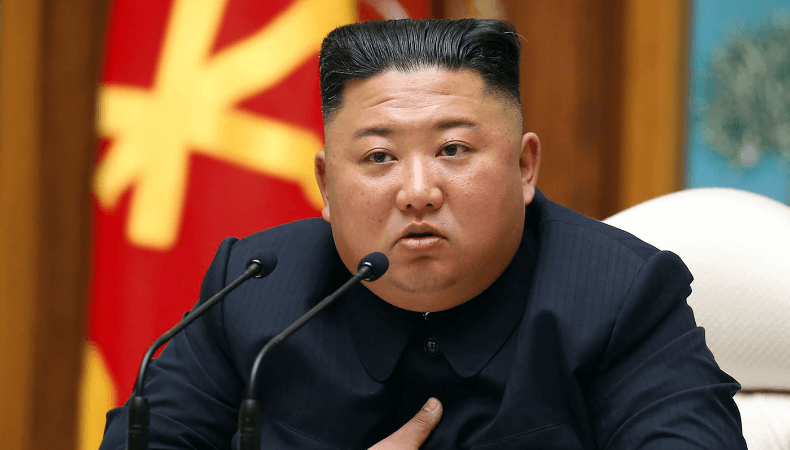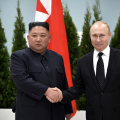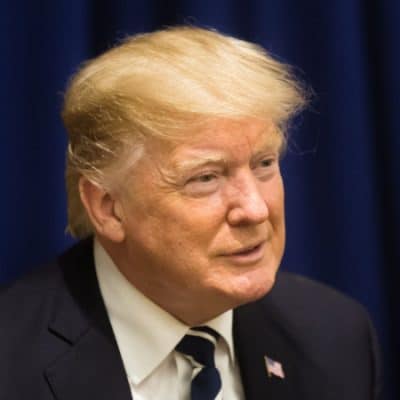North Korea’s Strategic Shift: Kim Jong Un’s Stance on South Korea Relations

In a significant departure from decades-long efforts toward peaceful unification, North Korean leader Kim Jong Un declared that the country would abandon reconciliation with South Korea. The announcement, delivered through state media, marks a historic shift in strategy and has far-reaching implications for regional stability.
Abandoning the Pursuit of Reconciliation
The decision to discard the pursuit of reconciliation is rooted in heightened tensions, with both Kim’s weapons development and South Korea’s military exercises with the United States escalating. Some experts suggest that Kim’s objective may be to diminish South Korea’s influence in regional security matters and to signal a preference for direct negotiations with the United States regarding the nuclear standoff.
Repercussions on Regional Dynamics
The move to declare South Korea as a permanent adversary has broader implications for regional dynamics. By dismissing the idea of shared statehood, Kim aims to bolster the credibility of his nuclear doctrine, authorizing preemptive nuclear attacks if North Korea perceives a threat. This strategic shift raises concerns about the potential for increased military posturing and a shift in power dynamics in the Korean Peninsula.
International Responses and Concerns
The international community, represented by U.N. Secretary-General Antonio Guterres, has expressed deep concerns about the cut in contacts between North and South Korea. Diplomatic engagement is emphasized as the key to sustainable peace on the Korean Peninsula, urging both nations to find common ground through dialogue.
Keep Reading
Kim’s Outreach to Moscow and Beijing
Amid diplomatic isolation, Kim Jong Un has actively sought partnerships with Moscow and Beijing, possibly to create a united front against Washington. This outreach adds a layer of complexity to the situation, as North Korea seeks to diversify its alliances and increase leverage on the global stage.
Abolishing Key Government Agencies
In a parallel move, North Korea abolished key government agencies responsible for managing relations with South Korea. The Committee for the Peaceful Reunification of the Country, the National Economic Cooperation Bureau, and the Diamond Mountain International Tourism Administration were all dismantled, signaling a stark shift away from dialogue and cooperation.
Kim’s Accusations and Demands
During his address, Kim Jong Un blamed South Korea and the United States for escalating tensions. Accusations included expanded joint military exercises, deployments of U.S. strategic military assets, and trilateral security cooperation with Japan. Kim demanded a rewriting of North Korea’s constitution to designate South Korea as the “primary foe and invariable principal enemy.”
South Korea’s Response and Defense Readiness
South Korean President Yoon Suk Yeol characterized Kim’s comments as “anti-national and anti-historical,” highlighting the divisive nature of North Korea’s government. Yoon affirmed South Korea’s commitment to firm defense readiness and warned of severe consequences if provoked.
Uncertainties and Global Apprehensions
As the situation unfolds, uncertainties surround the aftermath of North Korea’s strategic shift. The international community closely monitors developments, wary of potential escalations and the impact on global security. Kim Jong Un’s pursuit of an expanded nuclear arsenal adds an additional layer of complexity to an already delicate geopolitical landscape.





